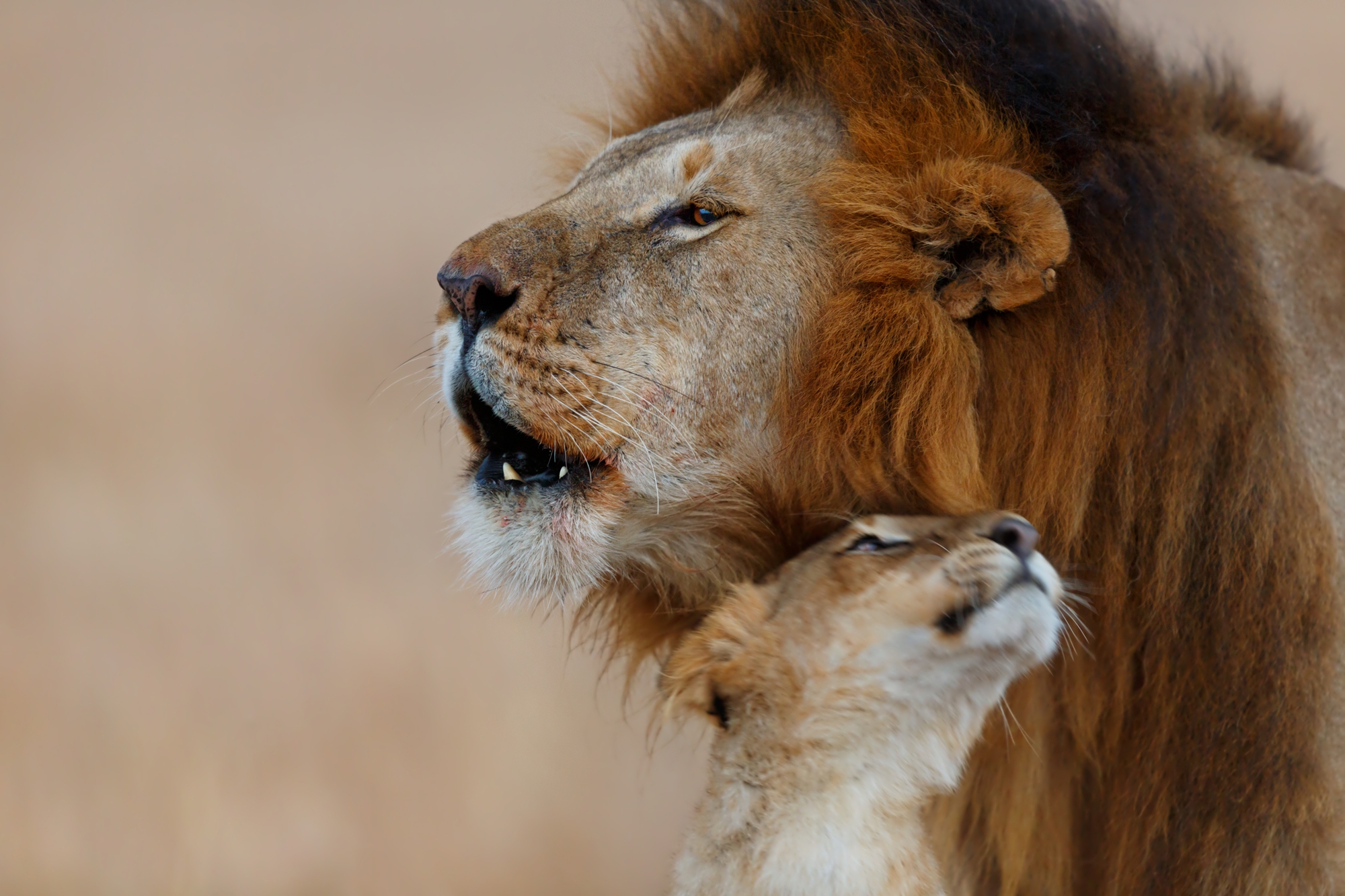It is five years since Cecil, a radio-collared 12-year-old male lion was shot with a crossbow by an American trophy hunter in the Gwaii Conservancy, Zimbabwe. This is an unfenced area bordering the Hwange National Park where Cecil occasionally liked to roam. There was no hunting quota for lion in the conservancy.
A summary of what happened
Walter Palmer, a dentist from Minnesota, reportedly paid a fee of $50,000 USD to a professional hunter/guide, Theo Bronkhorst, to ‘bow-hunt’ lion. For this fee, it is the guide’s responsibility to arrange all aspects of the trip, including any permits and licenses to ensure the hunt is conducted legally.
Cecil, a large black-maned lion, and a location just beyond the Hwange National Park boundary were chosen. The lion who lived in the national park but occasionally ventured beyond the boundary, was most likely lured to the spot with an elephant carcass. Palmer fired a single arrow from a hunting platform they’d constructed that day. The arrow did not kill Cecil but left him mortally wounded and struggling to breathe with a severe thoracic injury. Data later collected from Cecil’s collar shows he moved just 350 metres from the place from where he was first wounded.
A second arrow administered some 10-12 hours later by Bronkhorst finished Cecil off.
Cecil’s radio collar was removed by the hunting party in an effort to conceal their blatant wrong-doing. They’d killed a lion that was being monitored by park rangers so it would not be long before someone would come looking for Cecil. The lion’s skinned carcass was taken from Gwaai to Matetsi – possibly because they wanted to confuse authorities and to claim that Cecil had been shot legally in Matetsi where there is a hunting quota for lion.
Palmer did express remorse and said he had paid Bronkhorst to ensure all the correct permissions were in place. Bronkhorst was charged with failing to stop an illegal hunt, but the charges were later dropped.
Trophy Hunting Ban
Cecil was a well-known, much-loved lion in Hwange. He was habituated to humans and news of his unlawful death spread around the world and made him an icon. He was not skilfully tracked by the hunters, but lured by a rotting elephant carcass and shot from a concealed platform. There was no honour in shooting him and leaving him to suffer all night. Surely, if a clean kill cannot be achieved, on animal welfare grounds alone, trophy hunting should be banned?
There are fewer than 20,000 lions remaining in Africa – their numbers have plummeted more than 40% since the early 90s and could be as low as 13,000 today. They have been reduced to living on only 8% of the land they once roamed and at the current rate of decline, extinction in the wild by 2050 is a possibility.
Trophy hunting is big business and entirely different to hunting for food. Both types of hunters love the bush but trophy hunters kill for the thrill, and then brag about it and display animal parts around their home.
The argument that hunting quotas ‘clear out’ old animals, generate funds for conservation and protect swathes of land which might be cultivated for crops otherwise, sit on shaky ground – it boils down to money over ethics.
Money generated by trophy hunting rarely reaches local communities or wildlife conservation projects, but lines the pocket of the professional hunter/guide and land-owner. In pursuit of bigger fees, the professional hunter/guide is drawn into a web of corruption and law-breaking.

With regards to the animals targeted being at the end of their life – Cecil was 12 years old and lions have a life expectancy of 12-15 years in the wild so he could possibly have gone on to sire more cubs, but he was in the twilight of his life. Trophy hunters favour the biggest, strongest animals, or those with the largest horns/tusks so by killing them before their time they are weakening the gene pool and removing revered ‘alpha’ animals from wide and complex communities who learn from, and are enriched by their presence. Land turned over to low-density, high-quality eco-tourism, as opposed to hunting concessions, has the potential to generate more employment opportunities for local communities, as well as funds that can be legitimately put to conservation of endangered species and the protection of wild spaces.
Cecil’s death five years ago caused international uproar. Australia, France and the Netherlands all implemented bans on the import of lion trophies in the aftermath. Rory Stewart the then-environment minister said the UK would “halt imports of parts of big cats by 2017″ but alarming new data and analysis by the Convention on International Trade in Endangered Species (CITES), shows that the European Union imports more lion trophies than any other country with skins, skulls, claws and feet from at least 50 different lions all finding their way into the UK in recent years.
How many more years do we have to wait for a ban on trophy hunting?


